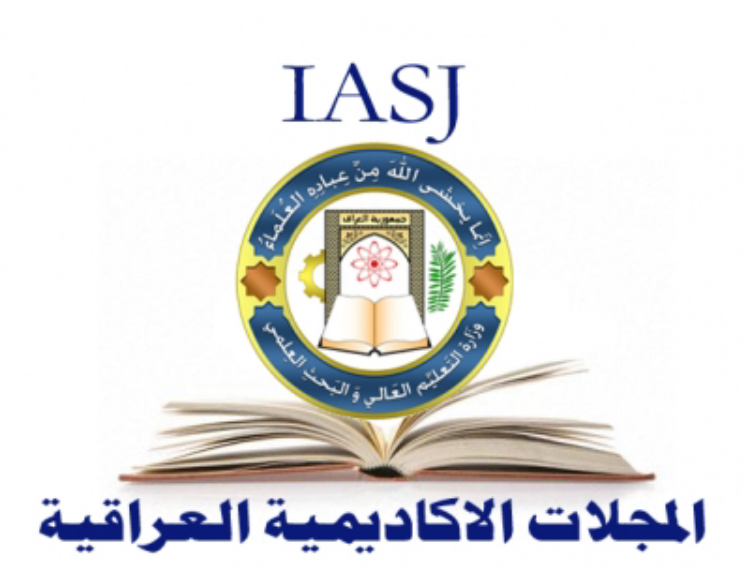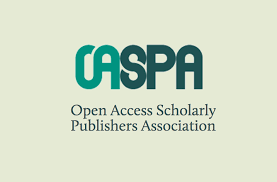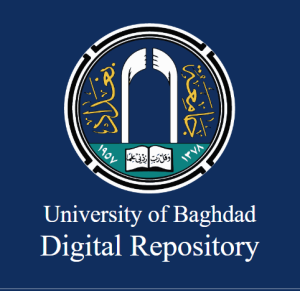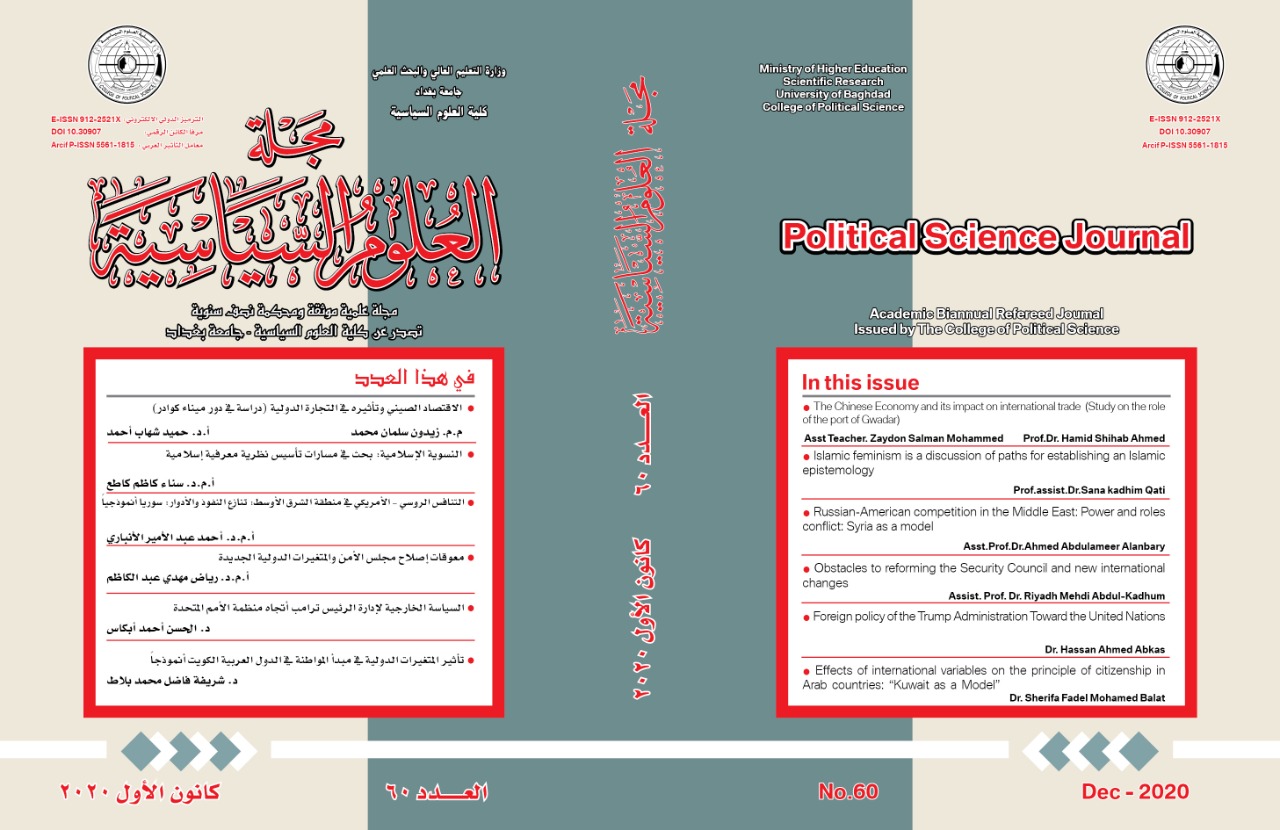Russian foreign policy towards the Arab Gulf For the post-2001
DOI:
https://doi.org/10.30907/jj.v0i51.105Abstract
The Russian foreign policy of the post-cold-war era faced dilemmas in the light of the international and regional realities of the disintegration of the Soviet Union and the formation of a new unipolar international order led by the United States of America. Thus, Russian foreign policy-making was divided over the nature of the foreign policy to be followed. The achievement of the Russian goals, especially as the objectives of Russian foreign policy have been set within the framework of trying to regain the status and leading role, as well as the establishment of some fundamental changes to be consistent with the new international situation of the post-one The Russian Federation has adopted in the sphere of its foreign policy to the various circles in order to ensure the possibility of achieving political stability - economic, each of these departments seek to achieve their goals that are in the side of achieving the basic goal is to strengthen the overall strategy of Russia Federal. The Persian Gulf region was particularly important in the Russian foreign policy, especially after the British withdrawal from eastern Suez. This was reinforced by the Russian perception after the American war on Afghanistan in 2001. Russia lost a new bet (Afghanistan bet) The political-economic influence of Russia after losing it in the strategic sense more than two decades ago on the one hand, and on the other after the stage of the US occupation of Iraq in 2003, we see that the Russians have lost the rest of their bets in the Gulf region





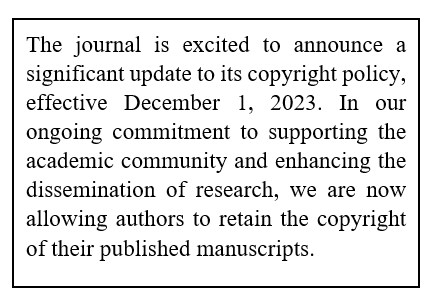
 ©️ 2023 The Author(s). Published by College of Political Science, University of Baghdad. This is an Open Access article distributed under the terms of the
©️ 2023 The Author(s). Published by College of Political Science, University of Baghdad. This is an Open Access article distributed under the terms of the 
